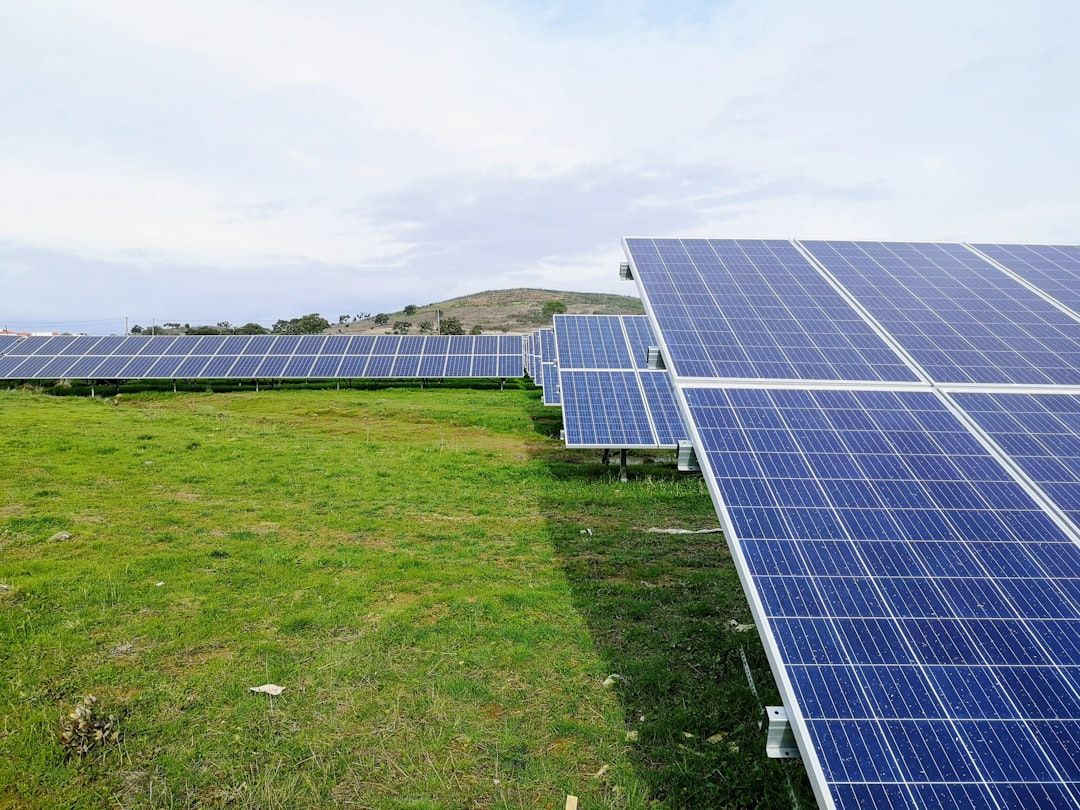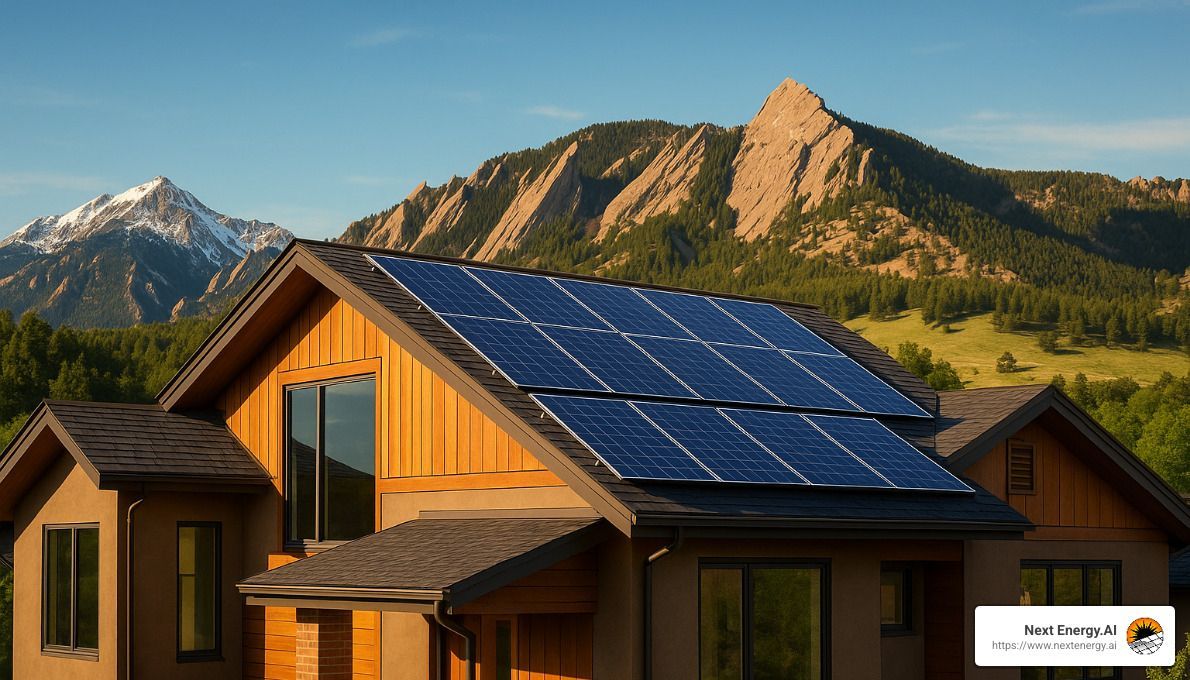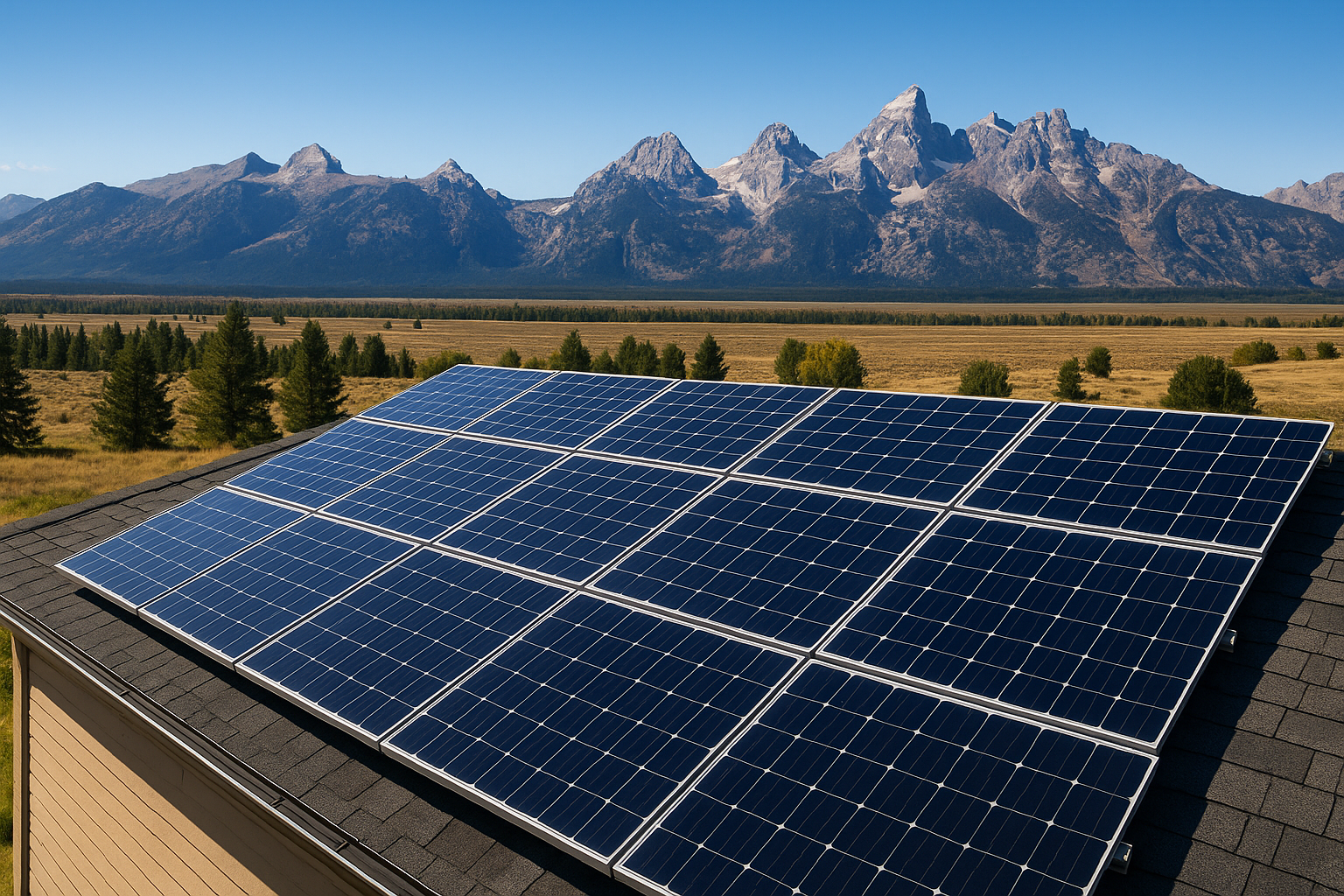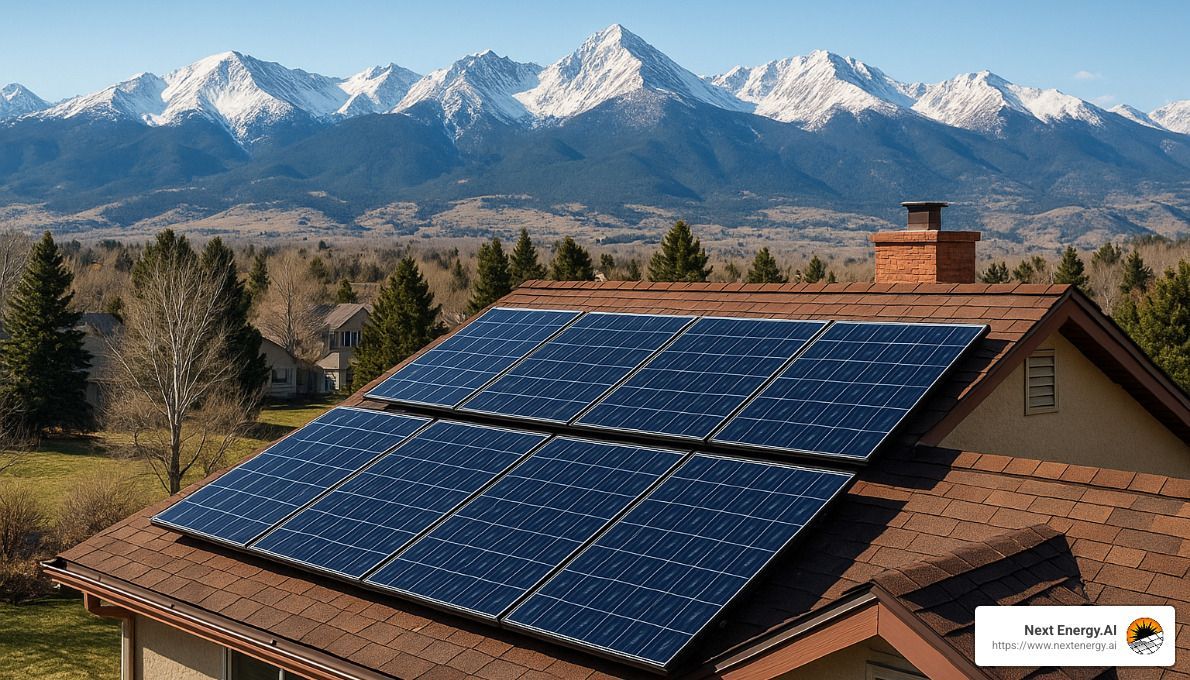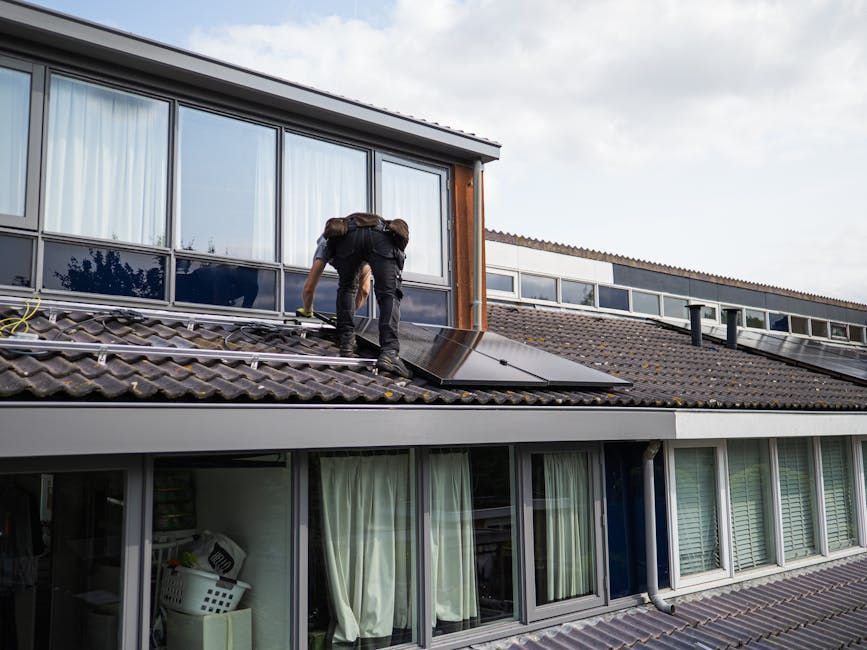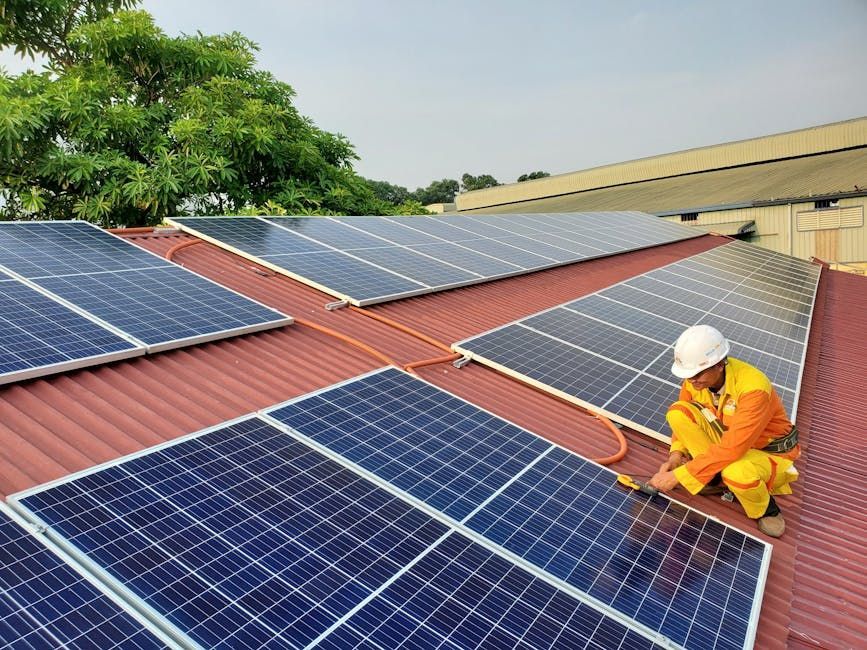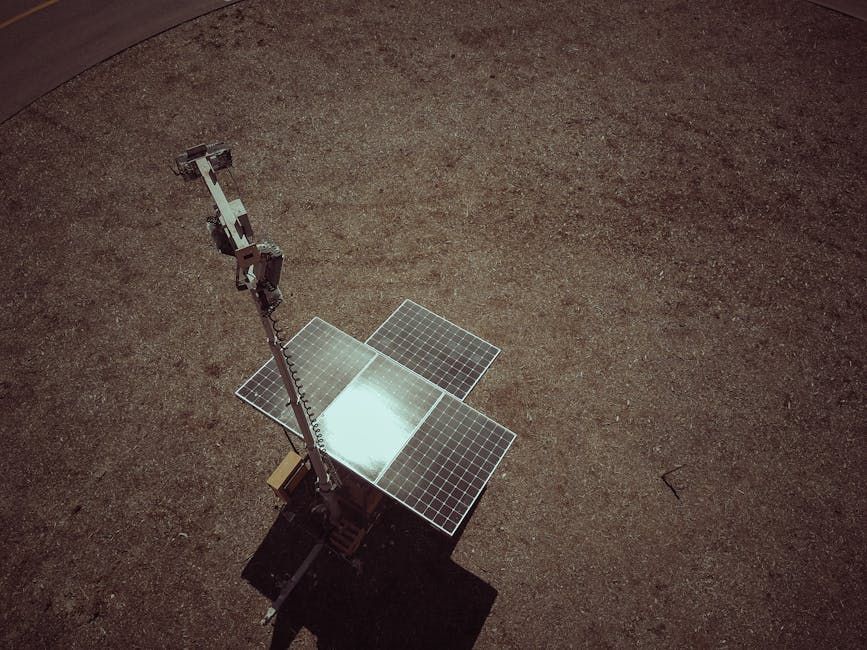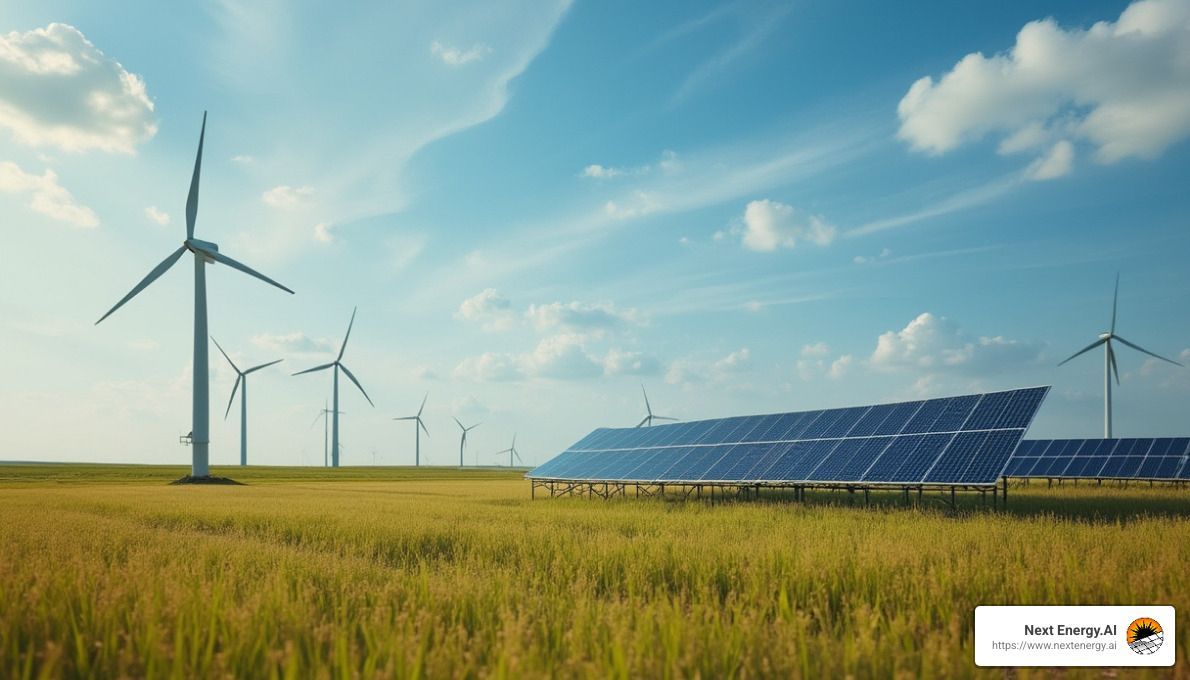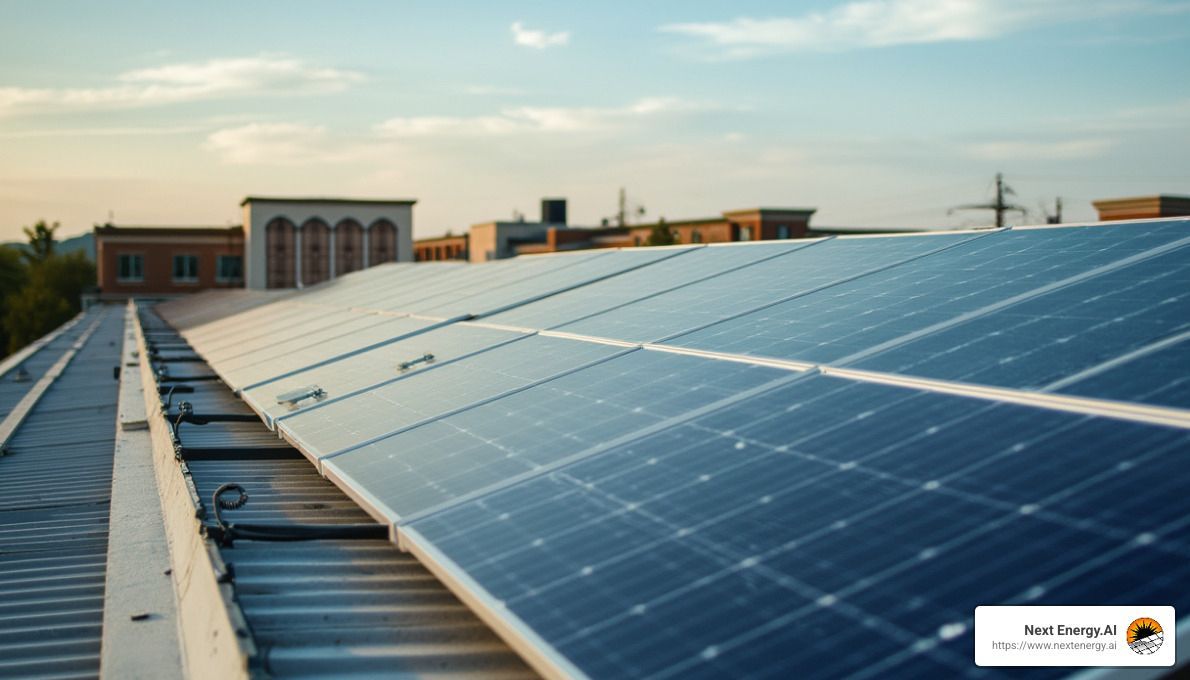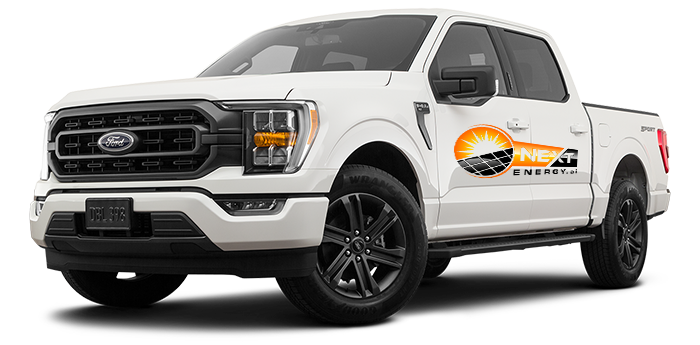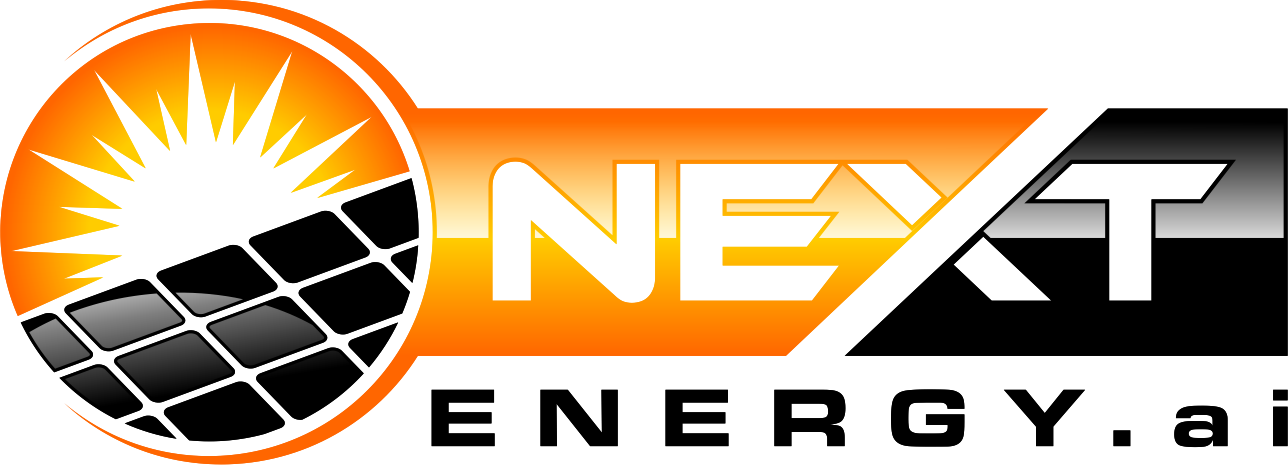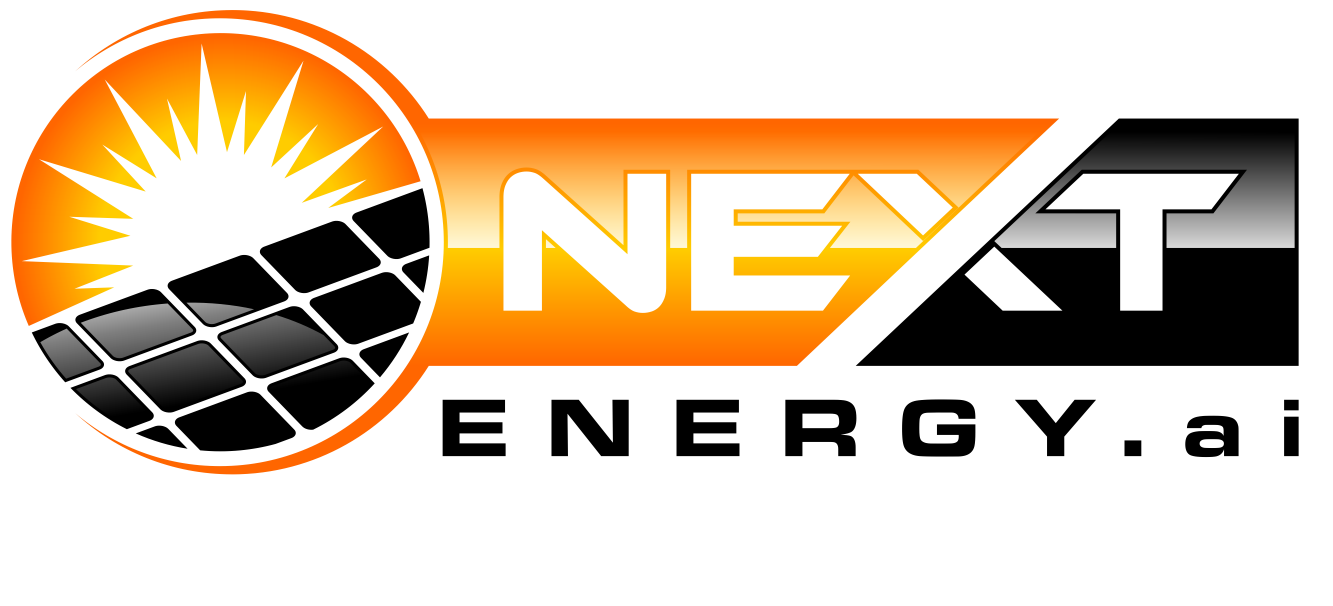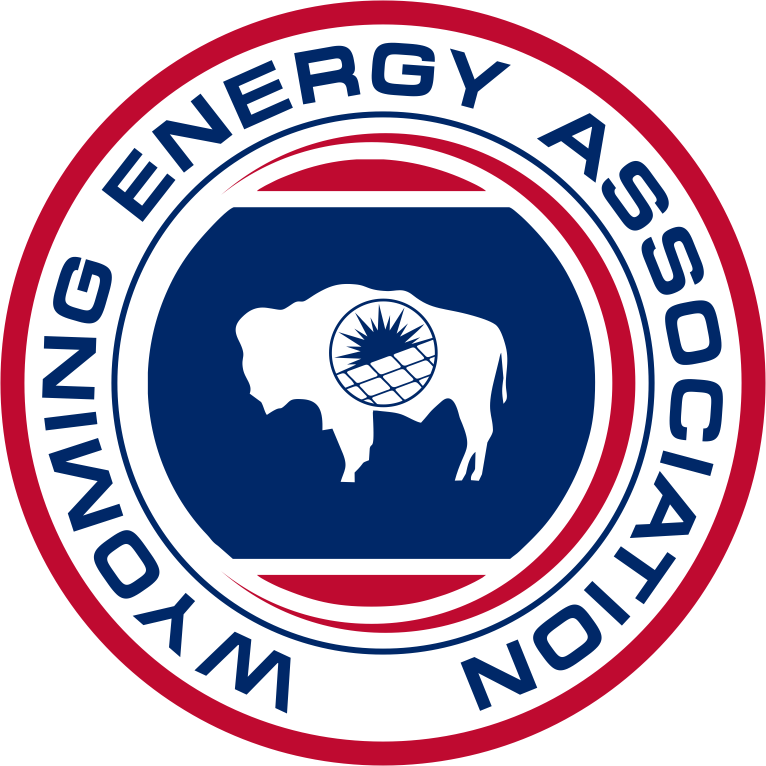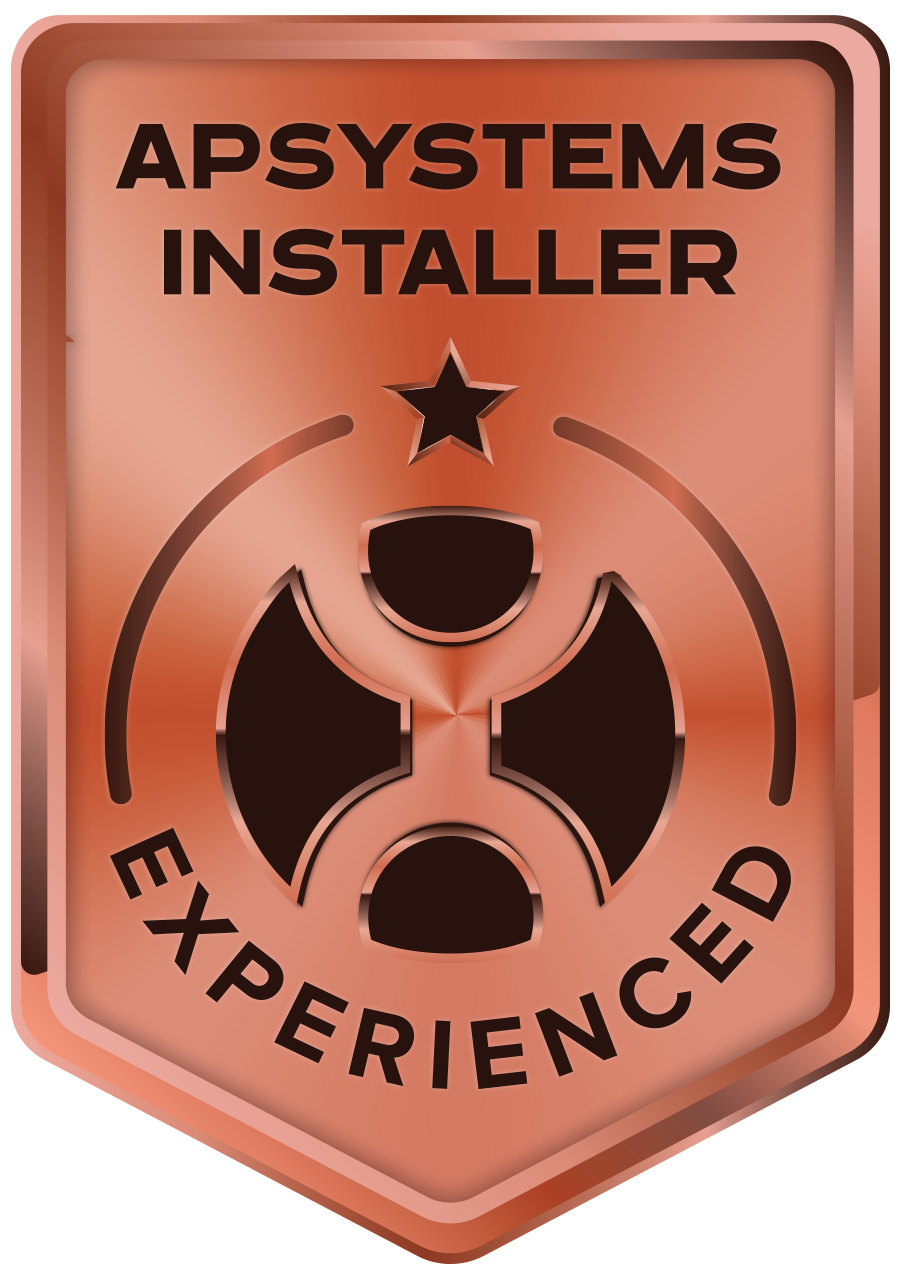How to Save Big on Commercial Solar Panel Installation Costs
How to Save Big on Commercial Solar Panel Installation Costs
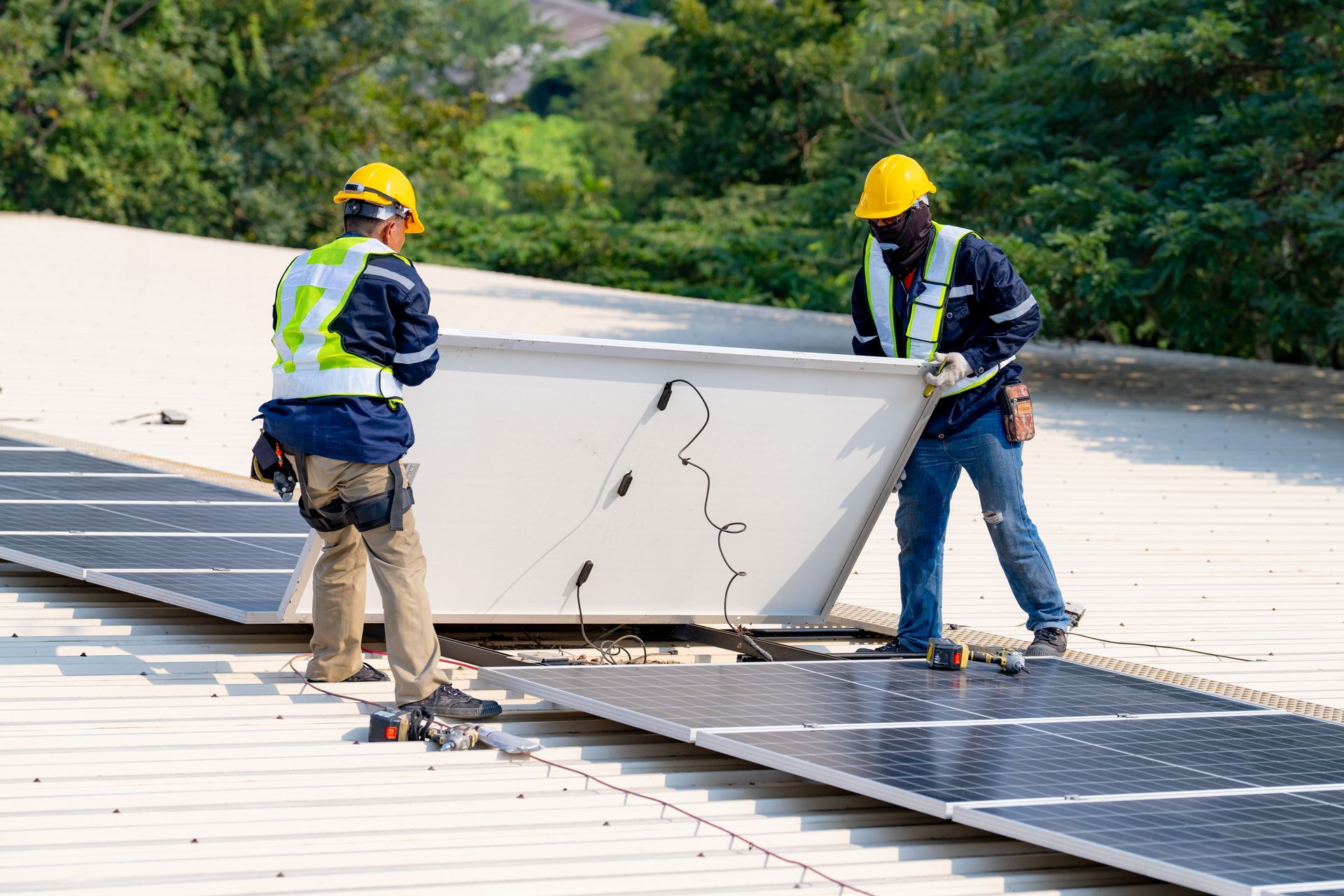
A few months ago, a business owner in Wellington, CO called us in a panic. They had just received a quote for a commercial solar panel installation that was nearly double what they expected. The problem? They hadn’t accounted for key cost factors like structural upgrades, permitting delays, and inefficient panel layouts. We were able to step in, reevaluate the design, and save them over $40,000 with smarter planning.
Commercial solar panel installations are a big investment—but they don’t have to break the bank. In fact, with the right approach, you can significantly cut costs without sacrificing quality or performance. The challenge is that many business owners simply don’t know what goes into the price tag or how to make smart financial decisions around solar energy.
Whether you run a warehouse, office building, retail center, or farm, going solar is one of the best long-term moves you can make. But to avoid costly surprises, you need to understand what you're really paying for. This guide breaks down the 5 biggest cost factors—and how to avoid them.
System Size and Energy Goals
Before diving into panel brands or installation options, you need to understand how the size of your system influences everything else—including cost. Your system size should align directly with your current and projected energy needs. Oversizing leads to unnecessary costs; undersizing can limit your energy savings.
Here’s what affects system size:
- The square footage and layout of your roof or property
- Peak energy usage patterns throughout the year
- Hours of sunlight exposure (which varies depending on your building orientation and shading)
By conducting an in-depth energy audit, your solar partner can tailor a system that meets your goals without going overboard. The best plans also include options for expansion if your business scales in the future. A thoughtful approach up front prevents paying for energy you won’t use—or worse, needing costly add-ons later.
Roof Condition and Structural Modifications
Installing a solar system doesn’t just mean putting panels on the roof. That roof must be structurally sound, properly angled, and capable of handling additional weight and stress over time. Many businesses are shocked to learn that they need significant upgrades before solar can even begin.
Common modifications include:
- Reinforcing trusses to handle load-bearing panels
- Replacing outdated roofing materials like cracked shingles or worn membranes
- Adjusting slopes to optimize panel angles for sun exposure
If your building is older or has had roof issues in the past, you’ll likely face additional work—and expense. This is why a structural assessment should be part of every commercial solar panel installation process. Fixing roof issues ahead of time avoids mid-project delays or safety risks.
Local Permitting and Interconnection Fees
Permits, approvals, and utility hookups are often an afterthought—but they can be one of the most frustrating and expensive parts of going solar. Municipalities like Wellington and nearby cities each have their own zoning rules, application timelines, and inspection processes.
Typical costs and delays may include:
- Building permits and environmental impact assessments
- Utility interconnection agreements and grid analysis
- Electrical inspections and fire marshal approvals
The more complex your installation (e.g., ground mounts, battery systems, off-grid), the more steps are involved. Every delay can add days or weeks to your timeline—costing you money in labor, lost productivity, or missed tax incentive windows.
Solar contractors who specialize in your region can streamline this entire process. They’ll know who to call, what paperwork to file, and how to pass inspections on the first try.
Equipment Choices and Panel Efficiency
Solar technology has advanced quickly—but not all panels are created equal. There’s a big difference between low-end panels with short warranties and high-efficiency models built to last 25 years or more.
Key equipment that affects your budget includes:
- Solar panels (standard, high-efficiency, or bifacial)
- Inverters (central, string, or micro-inverters)
- Mounting hardware (roof, ground, or tracking systems)
- Monitoring systems (real-time energy tracking and diagnostics)
Choosing higher-efficiency equipment may cost more upfront but could reduce the total number of panels needed and lower installation labor costs. In other words, smarter tech equals better ROI. Your installer should walk you through the pros and cons of each setup so you can make an informed choice.
Missed Tax Credits and Financing Mistakes
One of the most painful ways to overspend on solar is by missing out on valuable financial tools. Between tax credits, rebates, and financing options, you could reduce your system cost by 30–50%—if you know where to look.
Common mistakes include:
- Failing to file for the federal Investment Tax Credit (currently 30%)
- Overlooking local utility rebates or rural business incentives
- Choosing a loan with high interest or bad repayment terms
Smart solar companies will help you:
- File all federal and state paperwork correctly
- Apply for USDA REAP grants (if you qualify)
- Compare loans, leases, and power purchase agreements (PPAs)
Properly structured financing can turn a $100,000 project into a much more manageable monthly cost with short payback periods. Always work with a team that knows how to maximize your savings from start to finish.
Frequently Asked Questions (FAQs)
- How long does a commercial solar panel system typically last?
Most high-quality commercial solar systems last 25 to 30 years with regular maintenance. - Can solar panels work during winter or cloudy days in Colorado?
Yes, solar panels still generate electricity in cloudy conditions, and snow can even help by reflecting sunlight when panels are clear. - What happens if my energy usage increases after installation?
Your system can often be expanded, or you may integrate batteries or supplemental grid usage depending on your setup. - How soon can I see a return on investment from commercial solar?
Many businesses see ROI in as little as 5–7 years depending on incentives, usage, and energy costs.
How Next Energy AI Can Help You
At Next Energy AI, we specialize in helping Colorado businesses take control of their energy costs through smart, affordable commercial solar panel installation. We don’t believe in one-size-fits-all systems. Instead, we customize every project to meet your energy goals, building structure, and budget.
Here’s what sets us apart:
- Transparent quotes with no surprise fees
- Full permitting, engineering, and inspection support
- Local expertise in Wellington, Loveland, and across Larimer County
- Financing guidance and tax credit optimization
- Real-time system monitoring and long-term maintenance
We’re committed to helping businesses reduce their energy bills while supporting sustainability and energy independence.
Visit us at: 6880 N. Franklin Ave. Loveland, CO 80538
Call us now: 970 800 6398
Make the smart switch to solar—without breaking the bank. Call Next Energy AI today for a free, no-pressure consultation.
